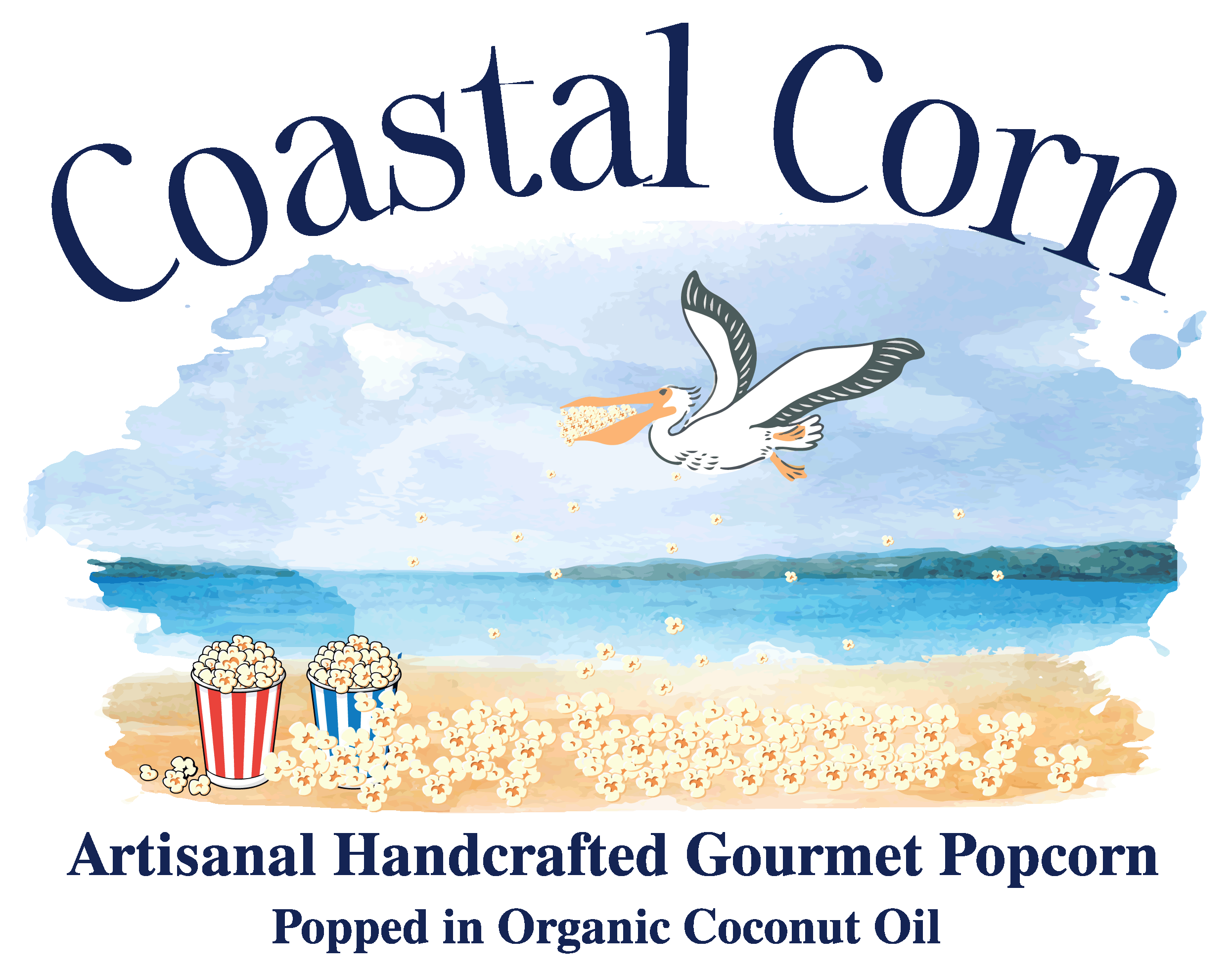Organic Popcorn Can Provide You With Essential Nutrients
Provided that you eat a modest serving; popcorn can offer you ideal amounts of essential nutrients. For one, it contains 56 percent of the daily recommended intake of manganese, while its magnesium and phosphorus content bring 36% each.
In addition, popcorn provides 26 percent of your daily requirement of zinc, while copper, vitamin B3, B6 and potassium contribute to 10 percent each. The combination of these nutrients may lead to health benefits, such as:
-
Blood sugar regulation
-
Improvements in digestion
-
Weight loss
-
Reduced cholesterol levels
-
Lowered risk of cancer
Popcorn contains fiber as well, which is important for digestive health and weight management. A 3.5-ounce serving gives you 15 grams of dietary fiber, which may help reduce your risk of type 2 diabetes, obesity and heart disease. It also helps you feel full longer, which reduces your need to eat more meals throughout the day, effectively preventing you from overeating.
When sourcing for popcorn kernels, don’t lure yourself into purchasing “non-GMO” popcorn simply because it’s labeled as such. That’s because GMO popcorn is non-existent and popcorn companies simply use the “non-GMO” tag as a marketing gimmick. Even so, these commercially manufactured popcorn kernels may still be exposed to various chemicals during their harvesting or packaging processes, despite being labeled non-GMO.
Coconut Oil Infuses Popcorn With Healthy Fats
Since you don’t have to worry about your popcorn being genetically engineered, the most important consideration, then, is the type of oil you use in cooking your popcorn (or any food for that matter), as most vegetable oils are loaded with unhealthy fats.
Fortunately, this is not the case when you’re cooking with coconut oil. It pairs well with most foods and cooking methods, because not only does it have a mild taste that won’t affect the corn's flavor in any way except to perhaps enhance it, but it can also withstand high heat without oxidizing.
Fifty percent of coconut oil is composed of lauric acid, which is one of the rarest beneficial compounds in nature. In fact, coconut oil contains the most amount lauric acid compared to any other food on earth. When digested, lauric acid converts into monolaurin, a monoglyceride that has strong antimicrobial properties that are effective even against antibiotic-resistant strains of bacteria, such as Staphylococcus aureus and Streptococcus.
It also has antifungal and antiviral properties, making it effective in lowering your risk of diseases such as herpes, influenza and measles. This is one of the reasons why, aside from being a cooking ingredient, coconut is also used in skin care products.
Lauric acid, which is a medium-chain fatty acid (MCFA), is a potent energy source. MCFAs are easily digested and distributed across your cell membranes by your liver. As a positive side effect, these fatty acids are not stored as fat, which helps with weight management.
Information provided by: Coastal Corn; we pride ourselves in using only 100% organic popcorn kernels popped in 100% unrefined, cold pressed, organic coconut oil.

